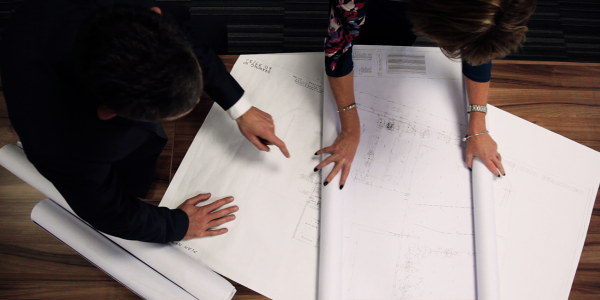- By Michael Garvey, Managing Director, Chandler Garvey
- 7 April, 2016

Share by email
Few BBF members would consider representing themselves in court or preparing and submitting their own accounts to the Inland Revenue, but I am always astonished how many occupiers commit to a commercial lease on a factory, office building or a shop without taking any professional advice.
After staff costs, premises costs are typically the largest expense that a business will face and these costs come straight off the bottom line.
Time and again I have seen businesses that have been caught out by a particular lease clause that has resulted in significant financial damage to the business or the personal wealth of the owner if he or she was a guarantor.
Whilst most occupiers use a solicitor to deal with the conveyancing, it is not the role of the solicitor to comment upon the financial terms agreed or the property consequences of particular clauses. This requires the involvement of an experienced Chartered Surveyor or property professional.
Searching for and finding premises has been made easier by internet search sites, such as Rightmove Commercial, but these sites do not always provide accurate information and often only give an overview of availability.
Involving a Chartered Surveyor from the start of the process has many benefits, including a thorough analysis of the market and often good knowledge of the available buildings, an understanding of the various legislation that affects commercial property and the liabilities that the occupier will face, an intuitive knowledge of what “good” looks like in terms of the financial elements of a deal and liaising with various other professionals in a project management role.
One area in particular where many occupiers get into trouble is with repairs and dilapidations. All too often an occupier will take a building that it is not in full repair, but nevertheless sign up to a full repairing lease. What this means is that at the end of the lease the occupier has to give the premises back to the landlord in full repair, regardless of the condition they were in when they were acquired. Occupiers often say, “Don’t worry I have taken lots of photographs” (to show the poor repair), but these are meaningless unless they are contained within a Schedule of Condition that is attached to the lease and therefore forms a binding part of the contract.
Due diligence is an important aspect of business life, but few occupiers exercise this when acquiring commercial property. Every landlord seeks professional assistance to let or sell commercial premises; so why don’t occupiers?







